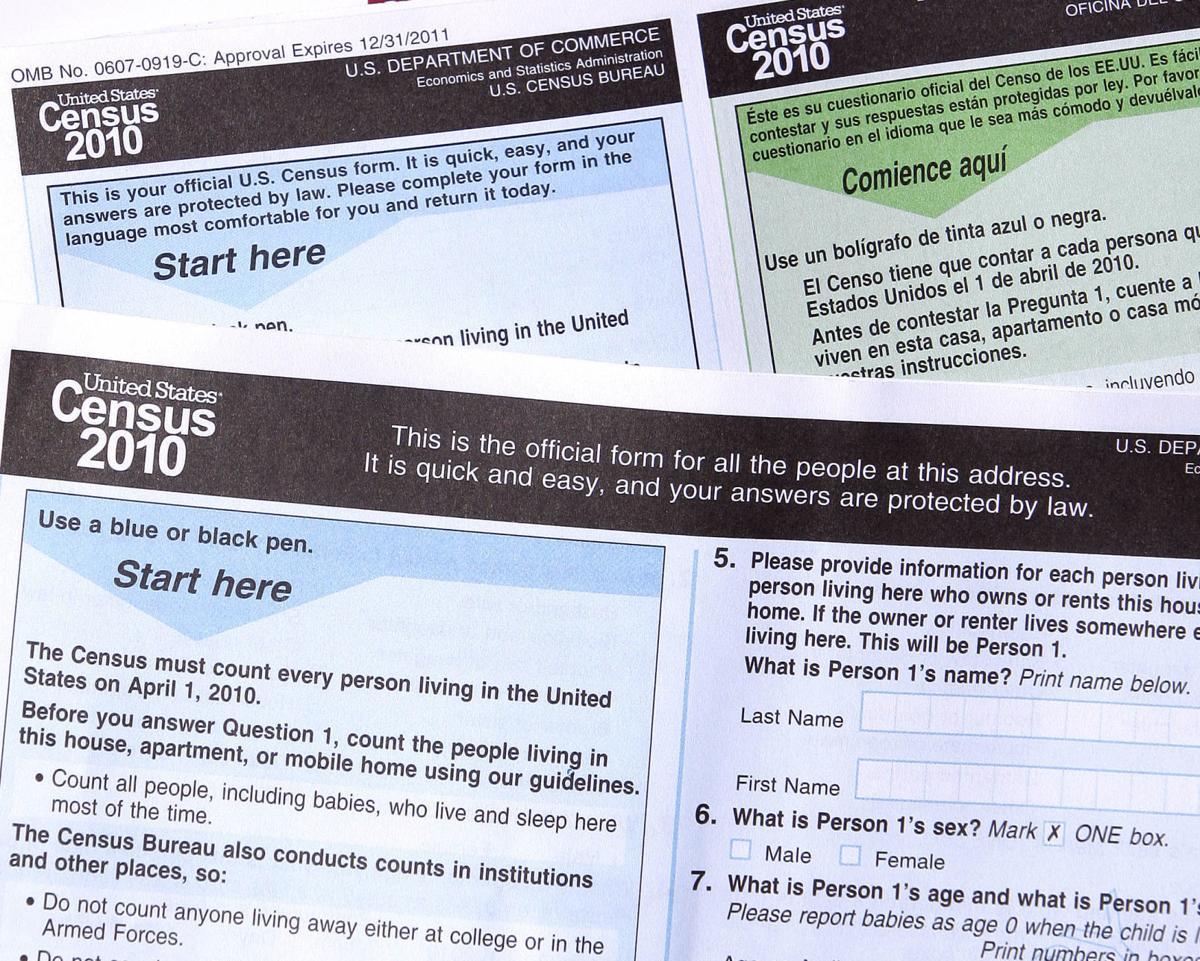PHOENIX — With no action by the governor or attorney general, two Arizona residents filed suit Wednesday to block the Census Bureau from adding a citizenship question to decennial count.
Richard McCune of Nogales and Jose Moreno of Somerton joined with several Maryland residents to ask U.S. District Judge George Hazel to declare that Commerce Secretary Wilbur Ross acted illegally in requiring all residents answer the question, one that has not been asked since the 1950 census. Attorney Shankar Duraiswamy charges that Ross’ decision is “arbitrary and capricious.” Duraiswamy said all the evidence gathered by the federal agency clearly shows there will be an undercount, not only of those who are not in this country illegally, but also of minority groups who are likely suspicious of government counters.
The plaintiffs charge this a violation of constitutional provision that says the whole purpose of the count is solely to determine the number of people in the country.
But the issue, they say, is more than academic. They cite actual financial and political losses likely to befall Arizona and its residents because the state has a higher percentage of groups that will not respond to census takers.
For example, the lawsuit says if the areas of the state where they live — areas of higher-than-average undocumented and Hispanic population — are undercounted, that will result in less funding for road projects.
It also says Moreno sends his children to public schools in Arizona that receive funding under Title I of the Elementary and Secondary Education Act, a program designed to help schools with the highest percentage of children from low-income families. If area residents are not properly counted, the lawsuit states, the schools will get fewer federal dollars.
Duraiswamy also said that decennial census also is the basis for determining the number of members of the U.S. House of Representatives allocated to each state.
“Based on recent population growth trends, Arizona is likely to gain one congressional seat following the 2020 census,” he argued. “The disproportionate undercount that will result from use of a citizenship question in the 2020 census is expected to deprive Arizona of this additional congressional seat.”
And it’s even more complex than that.
Duraiswamy said even the way Arizona is divided into its 30 legislative and current nine congressional districts is determined by that population count.
If some areas of the state are undercounted, he said, the residents there effectively will have their political strength diluted. That’s because there will be more actual people in the district than in other districts — districts whose representatives will have equal voting rights with the overpopulated districts.
A spokesman for the Department of Commerce declined to comment on the specific claims but said the case is “without merit.” “We look forward to prevailing in court and continuing to work with the Census Bureau to conduct a complete and accurate 2020 census,” he said.
Central to the case is the decision by Ross to add the question to the “short form” census question, the one that most households get. A smaller group gets a “long form,” with a host of additional questions.
Ross last month decided to add that citizenship question to the short form.
What’s wrong with that on the surface, Duraiswamy said, is the federal agency did not conduct a single test to see how the new question would impact the prime purpose of the census: to count who is in the country.
Duraiswamy said Census Bureau personnel have repeatedly found the question was unnecessary. More to the point, he said, they concluded it “would undermine the accuracy and completeness of the census by causing disproportionate levels of nonparticipation among certain demographic groups.”





